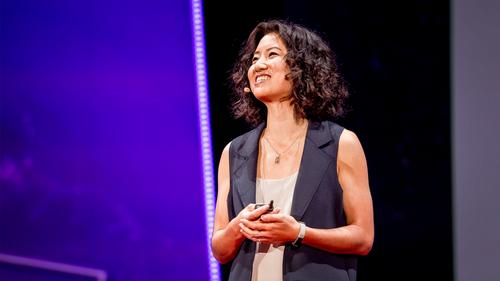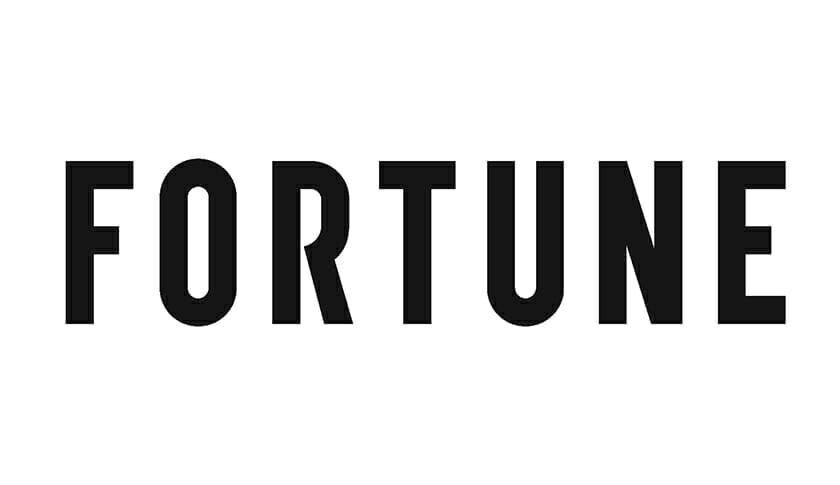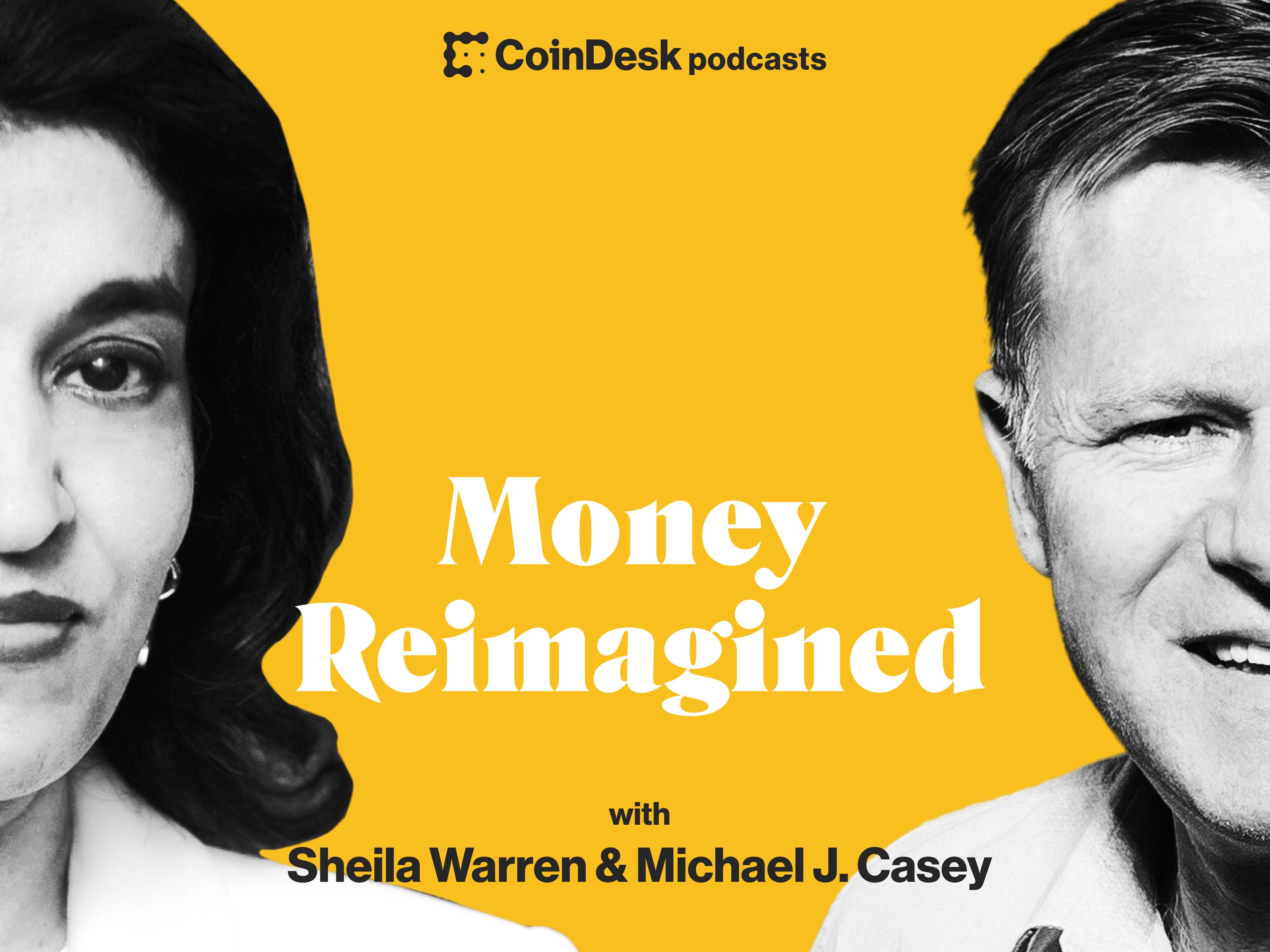Videos
Learn More About Tricia Wang
Tricia Wang, Ph.D. (pronounced “Wong”), is a globally recognized technology and strategy expert who helps companies future-proof themselves at the intersection of AI, data and human insight.
Wang is the CEO of the Advanced AI Society, an industry association uniting leading AI innovators in a neutral alliance to prove, pilot, and promote efficient, high-value open AI solutions, ultimately expanding the ecosystem of choices for society and industry across every layer of the tech stack.
Wang brings over two decades of experience advising executive teams on data strategy, digital transformation, and responsible AI deployment. She has worked with Fortune 500 firms including Google, Spotify, and P&G to transform data from a cost center into a growth engine by unlocking customer insight, operational value and strategic clarity.
Understanding AI – Where It Came From, Where It’s Going and How to Leverage It Now
Long before today’s AI boom, Wang foresaw the rise of machine intelligence — and the dangers of misusing it. As a global tech ethnographer embedded inside Nokia during its decline, she witnessed firsthand how over-reliance on dashboards and KPIs blinded the company to changing customer behavior. From that experience, she coined the term quantification bias — the tendency to favor what’s measurable over what matters — and introduced thick data to describe the deep, qualitative insights that big data misses.
Her influential TED talk made the case that future-proofing requires more than infrastructure — it requires a deep connection to the human experience. In today’s era of generative AI, with its illusion of eloquence and opacity around data sources, the risks of quantification bias are even greater. Dismissing thick data now doesn’t just weaken decisions — it can make entire companies miss what’s coming. Wang has long argued that the most effective use of AI requires not just powerful models, but trustworthy data and human intelligence to interpret machine outputs in context.
Wang founded Sudden Compass to solve the very problem she had witnessed at Nokia: organizations investing heavily in data infrastructure while overlooking the internal capabilities needed to make data actionable. At Sudden Compass, she worked directly with senior leadership at Fortune 500 companies to integrate thick data — the human insights behind the numbers — and build the governance and change management systems required to act on it. Her work demonstrated that data transformation is not primarily a technology problem — it’s a governance and leadership challenge. Today, as enterprises navigate AI transformation, the same lesson holds: success depends not just on technical implementation, but on building the human systems to use it wisely.
Designing for Impact: Elevate the Human Element
Wang has deep cross-sectoral and international experience, from launching innovation labs in China to designing data equity initiatives in South America. She co-founded CRADL (Crypto Research and Design Lab) in partnership with the World Economic Forum — the first lab of its kind to systematically explore how decentralized technologies return agency and ownership to individuals.
Wang holds a Ph.D. in sociology and contributes to vital research and expert communities through affiliations with Harvard’s Berkman Klein Center, Data & Society, the Atlantic Council, and the US-Japan Leadership Program. She currently sits on the board of New Mexico Community Capital and has advised countless early- and growth-stage startups on AI strategy, data governance, and responsible tech deployment. Her work has been featured in The New Yorker, Fortune, Wired, BuzzFeed, Quartz, The Guardian, and more. She is also a Global Expert on AI and data at Singularity University, and a sought-after speaker on AI, data, tech ethics, and future-proofing enterprises.
Tricia Wang’s cross-sector path — from space science to grassroots media, from global tech ethnography to decentralized AI — reflects a lifelong commitment to making complex systems more accountable to the people they affect. Whether translating science for the public at NASA, pioneering youth media in New York City, or helping organizations detect bias in AI systems, her work is grounded in one belief: technology must serve human dignity, not erode it.
Tricia Wang is available to advise your organization via virtual and in-person consulting meetings, interactive workshops and customized keynotes through the exclusive representation of Stern Speakers & Advisors, a division of Stern Strategy Group®.
Designing for Impact: Elevate the Human Element
How do we harness the full potential of data in human-centered design that will resonate and make a real impact? Technology and AI expert Tricia Wang, Ph.D., explores how “thick data” (deep, qualitative insights) combined with big data can revolutionize the way we approach design. In this illuminating session, she delves into practical strategies for integrating empathetic, human-centered data into the design process, empowering organizations to create more effective and emotionally resonant products. Drawing on her extensive expertise in both data science and human science, Wang demonstrates how to lead with empathy and a profound understanding of customer’s needs. Teams and leaders walk away with actionable insights for how to effectively influence product outcomes in a data-driven culture.
Understanding AI – Where it Came From, Where it’s Going and How to Leverage it Now
With all the focus on artificial intelligence right now, it’s understandable if some believe AI is brand new technology. Of course, it isn’t. So how can leaders understand where AI systems have come from to take advantage of the new ways it’s shifting how we approach business and modern skill sets? In this eye-opening presentation, technology and AI expert Tricia Wang, Ph.D., explains that today’s advanced systems are simply the next evolution of the big data systems that have been building up for decades, and the organizations that thrive will be those that understand how to apply it. Neither a hype-person nor a doomsayer, Wang takes a level-headed approach to AI that empowers leaders and team members to not only coexist with the latest systems, but to thrive. Audiences will leave with strategies for bringing a strong sense of self to treating AI responsibly and approaching it proactively, allowing them to strategically leverage this evolving technology to improve decision-making, efficiency, and competitiveness.
The CARE Framework for Becoming an AI Power User
As it becomes increasingly more important for organizations to adopt artificial intelligence tools for their organization and be able to truly apply and use those tools in powerfully strategic ways, how can leaders and workers alike gain the skills to become power users? In this revealing presentation, technology and AI expert Tricia Wang, Ph.D., outlines the four skills of her “CARE” framework – Coachability, Adaptive intelligence, Responsibility, and Extension of self – all of which reflect the mindsets and values for optimally working with AI systems. Audiences will learn the key steps needed to allow individuals and teams to use AI as a true creative collaborator. Understanding the practices necessary to activate CARE skills, leaders will be able to turn passive users of AI into active shapers of true AI-human collaboration.
Coach Your Company’s AI to Extract Optimal Value
With many organizations now using artificial intelligence tools, how can leaders ensure they’re extracting the greatest value from advanced AI systems? According to technology and AI expert Tricia Wang, Ph.D., it’s vital to understand how to coach these systems to get the best results. In this enlightening presentation, she dispels the myth that one needs to have specialized technical expertise to get the most out of AI. If anything, she says humans with deep expertise will be valued more in this new era. But, she explains, it is important to be AI-literate. By teaching leaders how to create a data-informed culture, Wang gives audiences best practices for learning how to coach AI, evaluate the data AI presents and leverage it in responsible, customer-centric ways. By doing so, organizations will be empowered to advance beyond simply accepting answers from AI to having an AI-literate workforce able to tease the most valuable, applicable data from their systems.
Get Your Organization to Data 3.0
Over the last few decades, data has become the backbone of almost every organization. Now loaded with vast amounts of data, how can leaders combine it all with the latest technology to create a purpose-built, insight-driven business? In this fascinating presentation, technology and AI expert Tricia Wang, Ph.D., illustrates the decades-long data timeline, starting the beginnings of building with data – “Data 1.0” – to its widespread use throughout all functions of an organization – “Data 2.0” – to where we are today, on the cusp of “Data 3.0” – highly customized AI tools. Audiences will learn how this new era allows companies to effectively and efficiently leverage the massive amounts of data already within an organization. Organizations that are well set up for Data 3.0 are the ones who are insight-driven, not just data-driven, where teams are empowered to combine AI tools with human intelligence to generate game-changing insights for businesses. Leaders will leave with a blueprint for creating business-specific AI training models, allowing their organization to move from one that’s data-driven to a fine-tuned, insight-driven company.
Build an AI-Ready Workforce of Shapers
As artificial intelligence systems become more powerful, how can organizations make sure their employees are up to speed on how to produce the most useful output from AI tools? According to technology and AI expert Tricia Wang, Ph.D., an AI-ready workforce is vital to ensuring a company will be competitive now and into the future. In this timely presentation, she explains the difference between passive users of technology and what she calls “shapers,” those who possess skills to actively shape technology to fit their company’s strategic goals. Audiences will gain immediately applicable strategies for hiring “shapers” from outside their organization as well as upskilling and nurturing those already in the company. Leaders will be able to build teams at all levels of their business who can truly work with AI tools to boost competitiveness, not just alongside them.
Zoom in on Thick Data to Gain Powerful Insights
Nearly all organizations now possess a wealth of data. As some companies became preoccupied with “big data,” did they trade quantity for quality? In this paradigm-shifting presentation, technology expert Tricia Wang, Ph.D., reveals why the 30,000-foot view that big data provides needs to be integrated with the specialized insights of “thick data.” With many teams having to wade through vast amounts of generalized numbers, oftentimes becoming overwhelmed, she shows that truly understanding an organization’s customers can’t be achieved by simply throwing more quantitative data at the problem. As Wang explains, “what is measurable isn’t the same as what is valuable.” Audiences will learn the benefit of foregoing quantity for quality, empowering their organization to draw truly meaningful, actionable insights from valuing highly focused thick data.
Reclaiming Humanity in a Tech-Driven World
How do we exist in a world where technology seems to resign supreme? According to tech expert Tricia Wang, Ph.D., with today’s focus on the potential for AI innovations to replace human activity and tasks, we’re starting to treat technology as if it’s superhuman and will inevitably take over our lives. On the contrary, Wang explains that tech is far from that, and if anything, now is the time to hit the reset button on our relationship to technologies like AI, social media and the many digital devices we use daily. In this revealing talk, she describes how this reset begins – by acknowledging the invisible transition that’s taken place over the last few decades in which people have now become referred to as “users” of tech platforms who have minimal control over their interactions with technology. Outlining the risks for our humanity if we remain simply “users” of technology as well as the upside of engaging with tech thoughtfully and proactively, Wang shares actionable strategies that allow us to unstick ourselves from being simply users to become active shapers of our digital future. By learning her framework for how individuals, communities, and policymakers can foster balanced interactions and collective action, audiences are challenged and inspired to advocate for a future where technology enhances, rather than diminishes, our humanity.





























